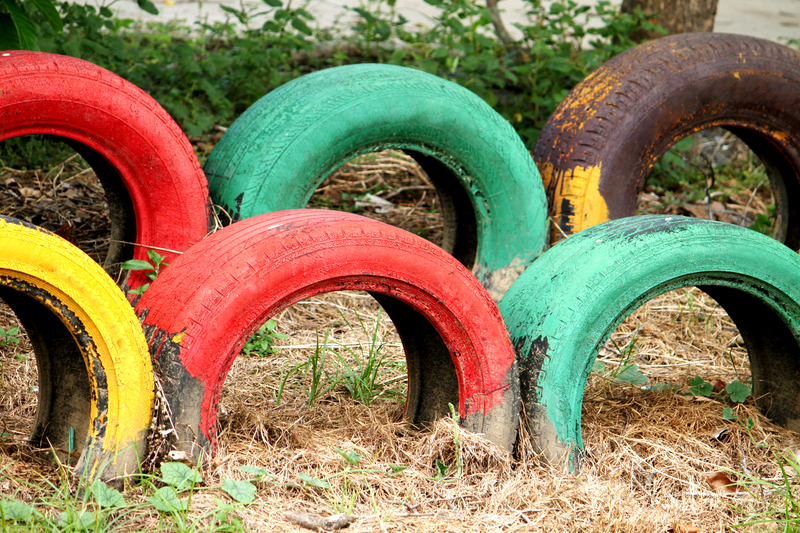Decoding Hard Rubbish: Clear Guidance on Disposal
Disposing of unwanted items can be a daunting task, especially when it comes to hard rubbish. Understanding how to effectively and responsibly manage the disposal of these large, no-longer-needed items is crucial. This guide provides clear guidance on how to dispose of hard rubbish, ensuring that this process is undertaken in an environmentally friendly and efficient manner.
What is Hard Rubbish?
Hard rubbish typically refers to bulky waste items that do not fit in regular waste bins. These can include old furniture, broken appliances, and construction debris. Properly disposing of these items prevents environmental hazards and promotes cleanliness in our surroundings.
Common Examples of Hard Rubbish
- Old furniture such as sofas, chairs, and tables
- Large appliances like refrigerators, washing machines, and ovens
- Electronic waste (e-waste) including TVs, computers, and printers
- Mattresses and bed frames
- Construction waste such as wood, metal, and tiles

Why Proper Disposal is Essential
Proper disposal of hard rubbish provides a number of benefits. It not only helps in maintaining hygiene and cleanliness but also plays a significant role in environmental conservation.
- Environmental Protection: Incorrect disposal can lead to hazardous materials polluting the soil and waterways.
- Resource Conservation: Recycling and reusing materials contribute to conserving natural resources.
- Community Health: Reduces clutter and potential breeding grounds for vermin, ensuring a healthier community environment.
Steps to Dispose of Hard Rubbish Effectively
Effectively managing hard rubbish involves a variety of steps. Let's break down the process to ensure your disposal method is both responsible and easy:
Identify and Sort Your Waste
- Organize your hard rubbish into categories like furniture, e-waste, and construction materials.
- Check for functional items that can be recycled or donated.
- Set aside hazardous materials for special disposal.
Understand Local Collection Services
Most municipalities offer specific solutions or services to assist in hard rubbish disposal. Check with your local council to learn about:
- Scheduled Collections: Many areas provide scheduled bulk waste collections. This is typically an annual or semi-annual service.
- Drop-off Points: Some regions have dedicated drop-off centers where you can bring your large items.
- Public Cleanup Events: These events may allow the disposal of specific items like e-waste or hazardous waste.
Explore Recycling and Donations
Before condemning items to landfill, consider these eco-friendly options:
- Sell or Donate: Donate usable items to charities, or sell them online through platforms like eBay or Facebook Marketplace.
- Upcycle: Give new life to old items by upcycling them into creative furniture or artwork.
- Recycle: Electronic goods and metals often have dedicated recycling processes.
Consider Hiring Professional Services
If managing hard rubbish is too cumbersome, professional services are available. Engaging a waste management company ensures that your rubbish is disposed of properly without stress on your part.
Benefits of Professional Waste Disposal
- Efficiency: Rapid and organized collection and disposal of waste.
- Environmental Compliance: Professionals follow stringent guidelines to minimize environmental impact.
- Convenience: Saves you time and effort, especially when dealing with large amounts of waste.
Hard Rubbish Disposal Regulations
Be aware of any regulations or restrictions your area may have regarding the disposal of hard waste. Regulations can include:
- Prohibited Items: Certain hazardous items may be banned from general waste collections.
- Volume Limits: Some services cap the amount of trash collected per pickup.
- Pre-Collection Preparation: You may need to dismantle or separate materials before collection.

Planning Your Hard Rubbish Strategy
It is crucial to develop a strategic plan for disposing of hard rubbish. Start by auditing your waste and determining quantities and types of waste you need to dispose of. This allows for better planning and ensures that you tick all boxes for compliance and sustainability.
Steps to Formulate a Disposal Strategy
- Create an Inventory: Understand what you are discarding to select the best disposal method.
- Schedule Disposal: Align with community collection schedules or book a collection service in advance.
- Choose Alternatives: Look for donation or recycling options before opting for disposal.
Conclusion
Disposing of hard rubbish in an environmentally responsible manner is paramount for safeguarding the environment and improving community health. By understanding the nature of your waste and utilizing available resources, you can conduct this often onerous task with greater ease and efficacy. Remember, the responsibility for waste management not only benefits the near but also the future environment. Embrace sustainable practices in waste disposal to contribute positively to our world.